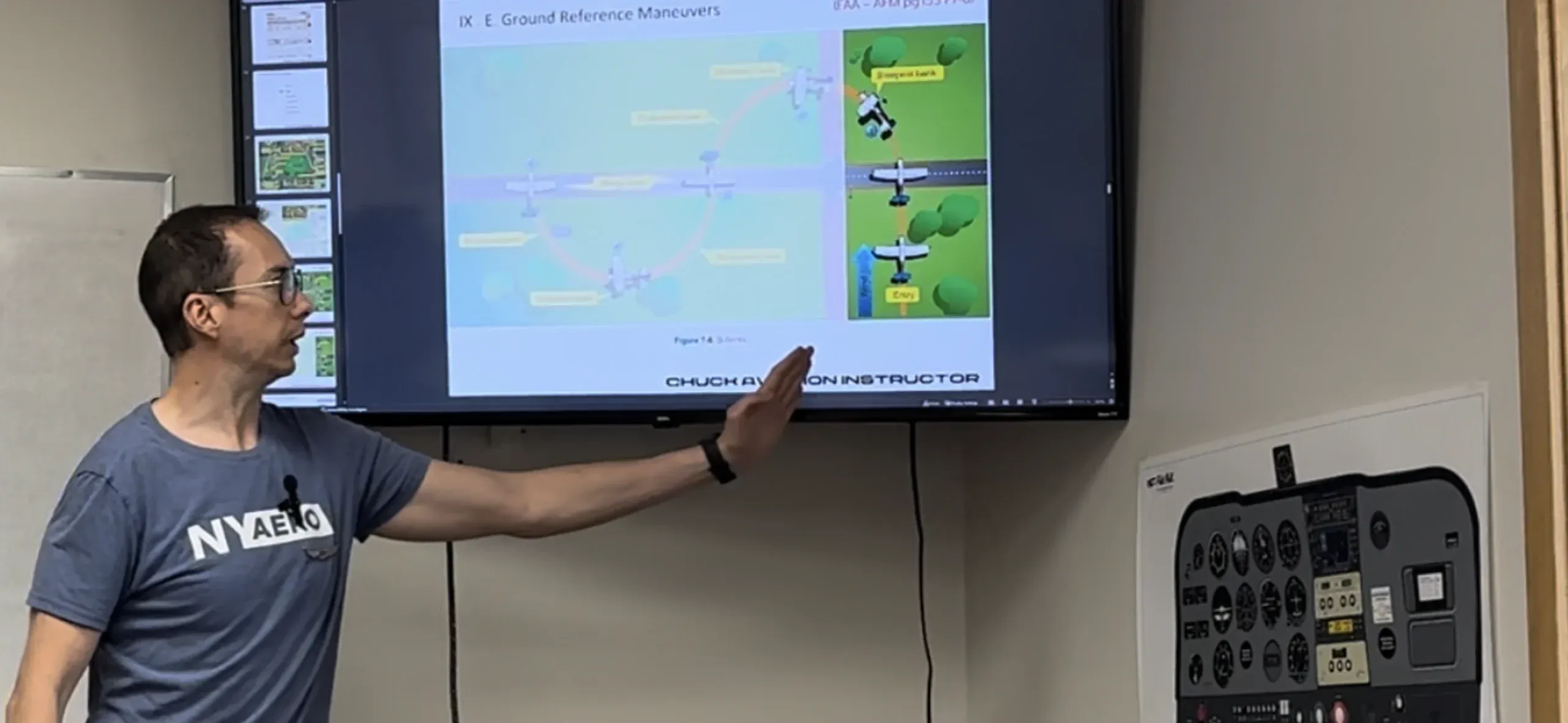También hablo Español: Te enseño Aviación con calidad y calidez para que vueles muy alto!

Committed to sharing his best airmanship, Chuck seeks to help as many people as possible achieve their goal to fly.
También hablo Español: Te enseño Aviación con calidad y calidez para que vueles muy alto!
